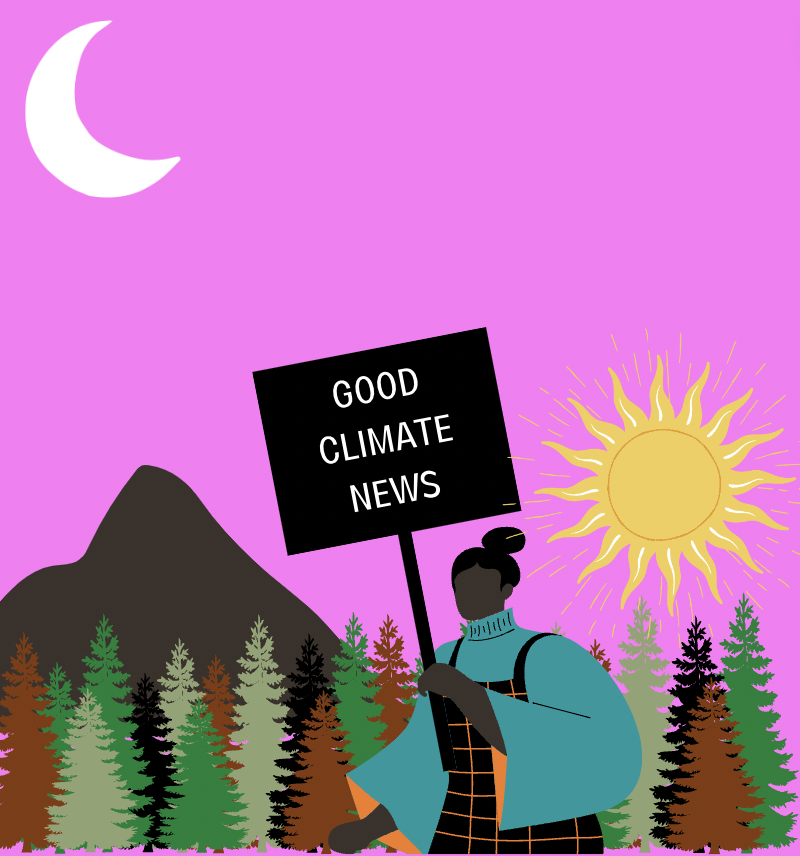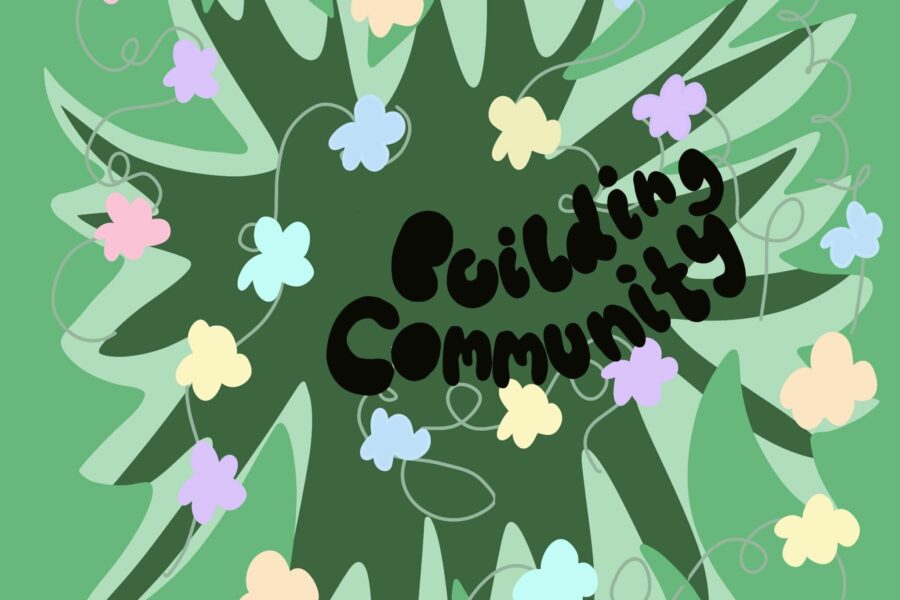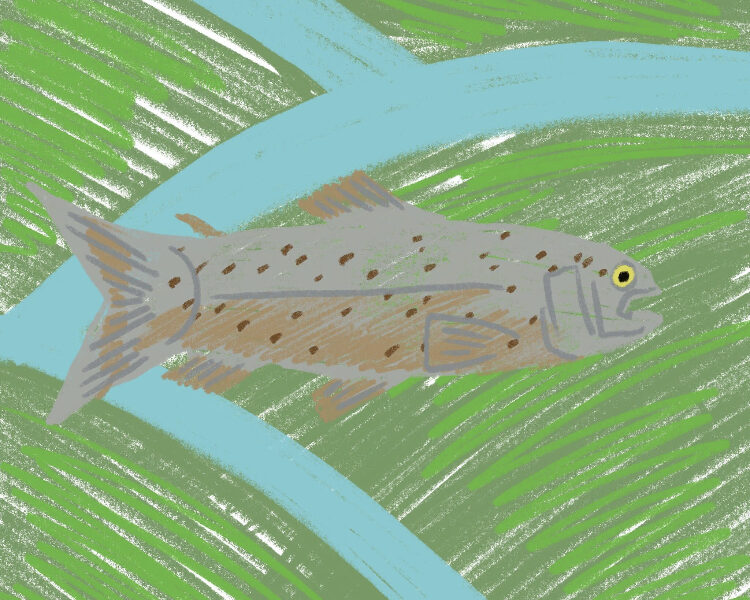Welcome to our second instalment of good climate news! This time, we wanted to share our reflections following COP27, and some thoughts on intersectional environmentalism more generally. While it’s important to acknowledge the bleakness of the climate crisis we are in, we have drawn on feminist organising to remind ourselves of how important it is to care for one another and share hope…

GOOD NEWS: Cop27, and the Power of the Feminist Voice
GOOD NEWS | No. 2
Welcome to our second instalment of good climate news! This time, we wanted to share our reflections following COP27, and some thoughts on intersectional environmentalism more generally. While it’s important to acknowledge the bleakness of the climate crisis we are in, we have drawn on feminist organising to remind ourselves of how important it is to care for one another and share hope.
We can build a better world through hope and good news because together, we will dismantle the systems that broke our hearts. Everywhere in the world, every day, good people are doing good things in the face of catastrophe.
INTERSECTIONAL ENVIRONMENTALISM (In a nutshell):
Intersectional environmentalism is a lens through which to understand environmental issues. It can be difficult to pick through the causes, impacts, and solutions to the climate crisis, especially when so many other socioeconomic justice issues feel so pressing. Drawing on Black feminist Kimberle Williams Crenshaw’s concept of “intersectionality,” the two are interconnected: Social, and environmental justice are derived from the same unequal roots of power and dispossession. Equality in environmental impacts and social injustices cannot be reached without challenging how power accumulates across intersecting forms of privilege.
This is why you’ll find us referencing the climate justice movement regularly. It understands that there is a need to dismantle the uneven accumulation of power and wealth – a transformational dialogue that can be developed into substantial change. The dismantling of capitalism, patriarchy and colonialism is the way forward to stop endless extraction and planetary destruction.
What happened at COP27?
Leaving COP26 in Glasgow in 2021, a bleak year lay ahead. The newest IPCC report concluded that the agreements (not yet ratified) could, at best, limit global warming to 2.5 degree Celsius. Devastating floods in Pakistan, wildfires in London, and the final[AB1] nail in the coffin an announcement that Coca Cola, the world’s leading plastic polluter, would be the main funder for COP27.
With this backdrop, it was remarkable to see COP27 negotiations last month end with a deal for the Loss and Damage Fund. It provides financial assistance from Global North to countries who are currently unable to pay for adaptation, whilst they face the drastic and impending impacts of the climate crisis. The loss-and-damage fund is therefore not only a lifeline for these nations, but a historic moment for climate justice. Campaigners and MAPA nations have been calling for debt erasure and climate financing for over a decade. The climate crisis has (finally) been framed in a conventional policy sphere as an issue of inequality and disproportionate capital growth.
The Global Day of Action at COP26 last year in Glasgow marked the first time that the Indigenous bloc of protestors lead the march. This highlighted the crucial role that Indigenous peoples play in environmental protection and activism around the world. 80% of the world’s remaining forest biodiversity is located within Indigenous territories, yet they emit at least 73% less carbon than land managed by all other groups. With settler colonialism historically displacing Indigenous forms of decision making, Brazilian president Lula’s announcement at COP27 that he will create a ministry of native peoples to recognise Indigenous rights and representation in decision making is a vital one.
With many young activists choosing not to attend COP27 this year due to greenwashing and “empty performances” by politicians,
we must understand that the good news above comes from tireless activism, and not the institutions themselves.
Climate conversations and grassroots activism, lead for decades by MAPA communities, are bringing people together to place political pressure on the systems that have failed us. It is true that kindness can cut through the bleak. We wanted to highlight this to champion more of this dismantling approach. Let’s come together, learn more, and keep pressing on for a brighter future – one that we can be proud of.
Article by Sophia and Ailsa,
Environment Writer and Environment Editor
Graphic by the wonderful Ailsa Beck.






Leave a Comment